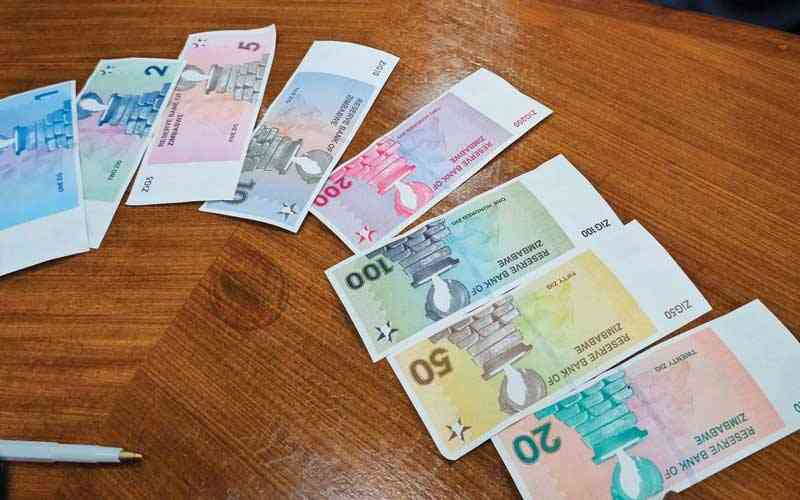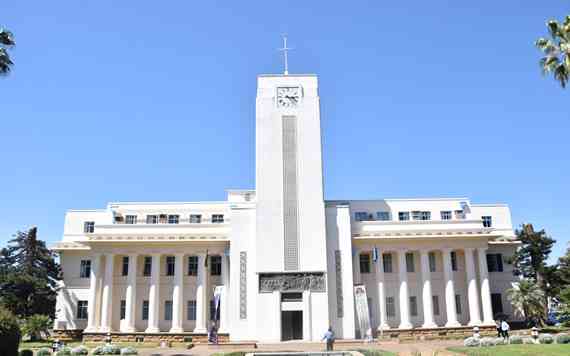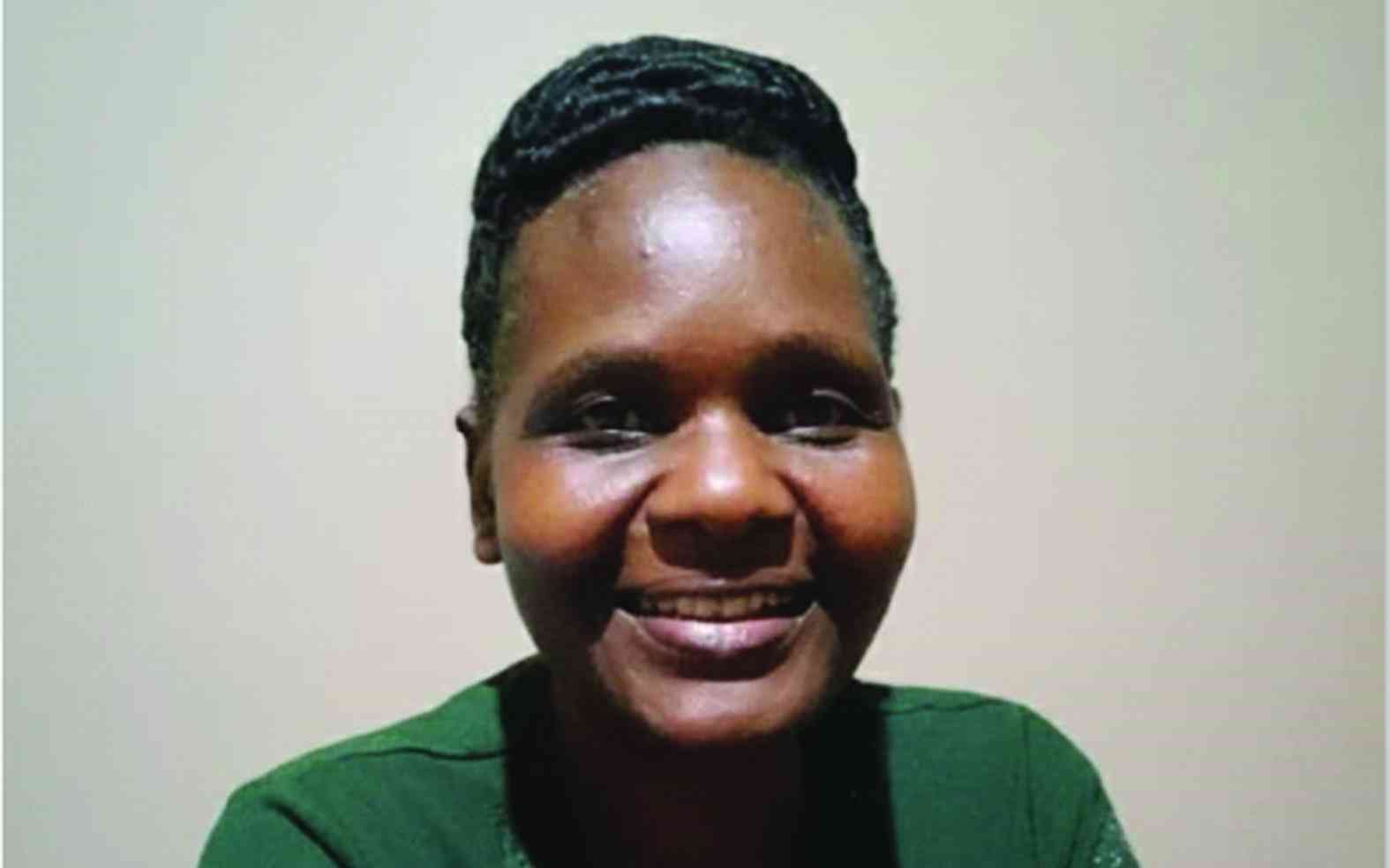
The Bulawayo City Council has been dragged to the High Court for refusing to accept the local currency for renewal of shop licences.
According to court documents, the local authority says its fees for the renewal of shop licences are exclusively pegged in United States dollars.
Zimbabwe uses the US dollar alongside the recently introduced Zimbabwe Gold (ZiG) and other foreign currencies such as the rand.
In its submissions, a local company Afriprise (PVT) Limited trading as The Butcherman is seeking a ruling declaring council’s demands for exclusive payment of shop licences in US dollars unlawful and illegal.
“Consequently, that the respondent (council) be ordered to accept payment for shop licence applications and renewals and any other services, in any currency recognised by law in Zimbabwe, including but not limited to the Zimbabwean dollar.” reads the founding affidavit.
In his founding affidavit, the company’s director Jabulani Leader Mhlanga submitted that the firm is registered and operating in terms of the laws of Zimbabwe.
Mhlanga said the company operates a butchery business and is required, in terms of the law, to obtain a shop licence for its business.
Mhlanga said he visited council's licensing department in January this year to renew his butchery shop licence and was given a list of requirements.
- Uproar over census figures
- Byo Arts Festival in turmoil…One year later, festival has yet to pay artists…Organisers play cat and mouse with artists
- Bulawayo struggles to clear housing backlog
- Council acts tough on debts
Keep Reading
“I went back to the office and gathered all the required documents, measured the floor space and prepared the sketch floor plan whose size I was advised would determine the amount payable for the application and renewal of the shop licence,” he submitted.
Mhlanga said on January 26, he was given a quotation of US$476.23 based on the sketch floor plan that he submitted.
“I left for the office and later went to council’s Revenue Hall building to pay the Zimbabwean dollar equivalent of the quoted amount,” he said.
“I was attended by an employee, who advised that fees for applications and renewals of shop licences are paid for exclusively in US dollars and could not accept payment.
“I told her that council could not possibly and legally refuse payment in local currency.
“She advised me that she couldn’t be of any further assistance and referred me to her supervisor.”
Mhlanga said he paid for the shop licence in US dollars after the supervisor rejected the local currency equivalent.
“After a few minutes she advised me that I owed council in rates and taxes, and I should therefore first clear the rates bills due at my private residence before collecting the shop licence on behalf of the applicant,” the application reads.
“I protested but to no avail, and I then left.”
He submitted that on February 2, he instructed his lawyers to write a letter of demand questioning the council’s refusal to release his shop licence.
He said council responded by telling his lawyers after 10 days to advise him to come and collect the shop licence.
Mhlanga said what remains unresolved was the exclusive demand for payment of applications and renewals of shop licences in US dollars.
Mhlanga said he had requested a copy of the policy that council relied on to demand payment exclusively in US dollars for shop licences.
“It is indeed unlawful and illegal for council to demand applications and for renewals fees in US dollars,” he said.
“It is equally illegal for the respondent to demand payment for any other services in its area of jurisdiction exclusively in US dollars.
“The respondent has no legal right or legal justification whatsoever to demand payment for applications and renewal of shop licence exclusively in US dollars.”









